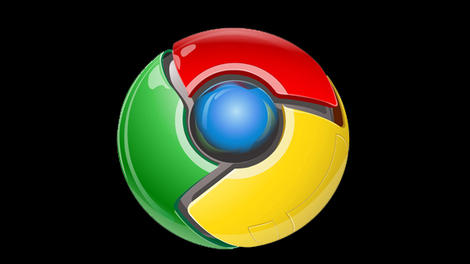Software : Parallels updates Access for iPad with iOS7-style interface |
| Parallels updates Access for iPad with iOS7-style interface Posted:  Parallels has launched a major update to its Access for iPad app, which lets users remotely run Windows and OS X programmes as if they were native iPad apps. The new features include a UI redesign for iOS 7, support for 11 languages, and a new single port connection designed to simplify working over corporate networks. Windows support is now out of beta. Users can remotely connect to Windows 7, Windows 8, and Windows 8.1 computers, as well as Mac computers powered by OS X Mavericks, Mountain Lion and Lion. Users want desktop app featuresParallels also conducted a survey of Mac and iPad users, discovering that 90 per cent want fully-featured apps for iPad. 93 per cent believe fully-featured Mac and PC programmes ported to the iPad would improve their productivity. 85 per cent said they bring both a laptop and iPad on personal trips, while 60 per cent said they bring both on business trips. This shows that while tablets might be popular, they often lack the functionality of traditional devices powered by desktop operating systems. Parallels announced new subscription prices for the product: £2.99 per month or £34.99 per year. This is cheaper than its launch price, and each subscription covers 10 computers. There is also a 14-day trial available.
|
| You'll soon be able to use Chrome Apps on iOS and Android devices Posted:  Google has revealed that Chrome Apps will soon appear in the iOS App Store and Android Google Play marketplace, masquerading as native smartphone apps. The initiative to get the Apps on mobile platforms began today, with a developer preview based on Apache Cordova. Chromium engineer Andrew Grieve described Cordova in a blog post as an open-source development framework for building mobile apps using HTML, CSS and JavaScript. The toolchain Google has introduced takes Chrome apps and repackages them as native smartphone apps for iOS and Android, making it easy for Chrome App developers to re-release their apps on those mobile platforms. For developers' eyes only ... for nowIn 2013 Google introduced a "new breed" of Chrome Apps that look and act like native applications and work offline across every desktop operating system. Now it's applying the same principles to mobile. For Chrome App developers looking to get in on the mobile action, Google has provided a convenient developer workflow. Google has also converted many core Chrome Apps APIs, including sign-in, storage, push messages and alarms to run on mobile devices. Other APIs, like notifications and payments, are currently Android only, but will likely come to iOS at some point as well. Cordova features its own set of mobile APIs, too. Google said it expects to continue to improve this toolchain as the developer preview gets going and it receives feedback from devs. In the meantime, eager Android and iOS smartphone users can lay in wait for Chrome Apps to begin arriving in their respective app stores.
|
| You are subscribed to email updates from TechRadar: All latest Applications news feeds To stop receiving these emails, you may unsubscribe now. | Email delivery powered by Google |
| Google Inc., 20 West Kinzie, Chicago IL USA 60610 | |
No comments:
Post a Comment